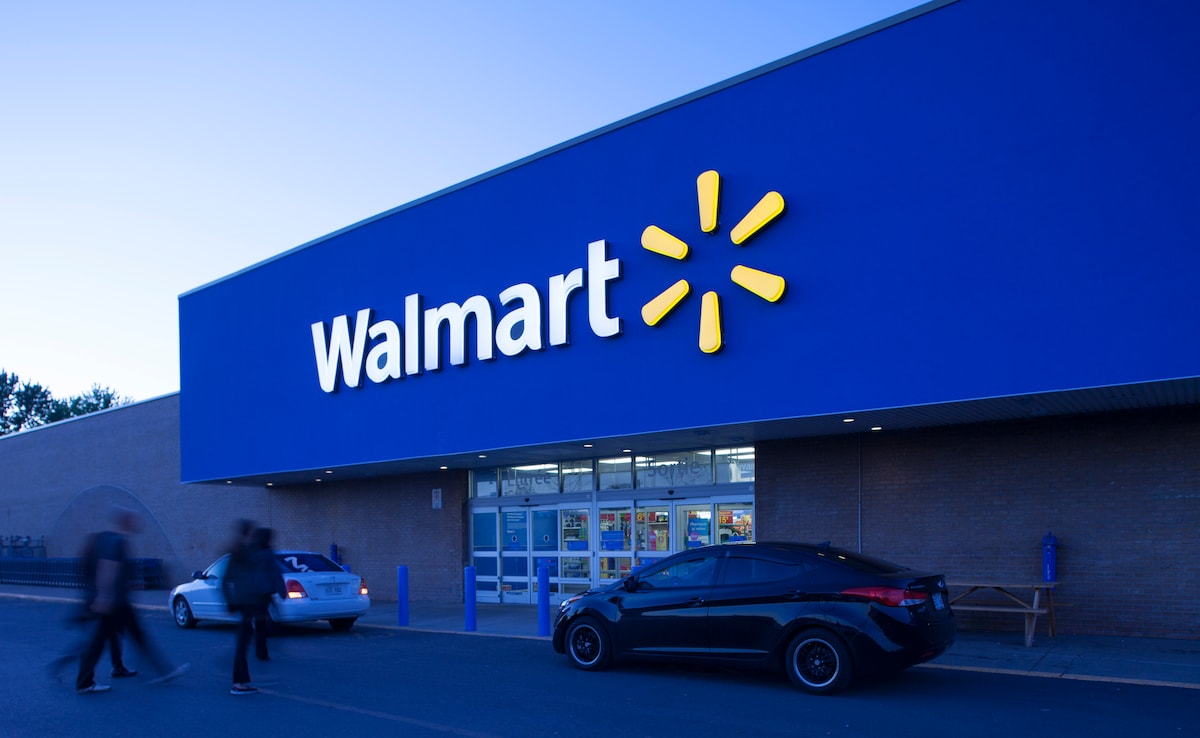
Walmart's Plan to Remove Synthetic Food Dyes and Other Ingredients
Walmart has announced a significant initiative to remove synthetic food dyes and 30 other ingredients from its store brands in the United States by January 2027. This move includes preservatives, artificial sweeteners, and fat substitutes. The company stated that this change will affect approximately 1,000 products, ranging from salty snacks and baked goods to power drinks, salad dressings, and frosting.
The decision comes as American consumers and the US government under President Donald Trump show increased attention to the contents of packaged foods. Despite some of the ingredients on Walmart’s removal list already being banned or not widely used in the US for decades, the action is seen as a response to growing consumer demand for fewer additives in food.
Brian Ronholm, director of food policy for the advocacy arm of Consumer Reports, described the move as a "sweeping declaration and a considerable response to consumer demand and sentiment." He noted that the list represents a positive step, especially considering the reach of Walmart's private label brands in US households.
Focus on Major Private Label Brands
Walmart's reformulation plan primarily targets its largest private-label food brand, Great Value. Changes are also expected in Walmart's Marketside and Freshness Guaranteed lines of prepared foods, as well as in its premium label Bettergoods products. The initiative expands on previous efforts by major food companies like Kraft Heinz, Nestle, and Conagra Brands, which have pledged to eliminate petroleum-based synthetic dyes in the coming years.
The chemicals and compounds Walmart plans to eliminate include potassium nitrate, potassium nitrite, and potassium bisulfite, used as preservatives in processed meats, as well as artificial sweeteners like advantame and neotame. These choices reflect a broad approach to food manufacturing, aiming to address potential health concerns associated with these additives.
Health Concerns and Controversies
Health advocates have raised concerns about several ingredients on Walmart’s list, including synthetic dyes, titanium dioxide, azodicarbonamide, propylparaben, potassium bromate, and phthalates. Phthalates, used to make plastic flexible, can end up in food through packaging, although the FDA has limited their use rather than banning them entirely.
Some of the 11 artificial food dyes listed by Walmart were already banned, proposed for ban, or haven't been used for years. For example, Red No. 4, Red No. 3, Citrus Red No. 2, and Orange B were already out of the US market. Additionally, simplesse, a fat substitute phased out in 2023, and synthetic trans fatty acids, which the FDA effectively phased out in 2023, were included in the list.
Experts expressed mixed reactions to Walmart’s choices. While some found the list surprising, others acknowledged it as a positive commitment. Thomas Galligan, a scientist focused on food additives, noted that while some items may raise concerns, many have been under scrutiny for a long time.
Challenges in Reformulation
Reformulating products to replace synthetic ingredients with natural alternatives presents challenges. Scott Morris, Walmart’s senior vice president of private brands food, consumables, and manufacturing, explained that replacing synthetic dyes and other additives requires careful consideration of product performance, taste, and affordability.
For instance, Great Value cheese dips will now use paprika and annatto instead of Yellow No. 5 and Yellow No. 6. A new version of Great Value Fruit Spins Cereal will derive its colors from beta carotene, annatto, blue-green spirulina, and juice concentrates instead of Red No. 40, Yellow No. 6, and Blue No. 2.
Morris emphasized that each product is unique, requiring extensive testing to ensure quality and customer satisfaction. The availability of approved alternatives was a key factor in delaying the overhaul, but he noted that the market for such alternatives is expanding, making now the right time to proceed.
Federal Scrutiny of Artificial Dyes
The federal government is also increasing its scrutiny of artificial food dyes. Days before Trump returned to office, the FDA banned the dye called Red 3 from the nation's food supply, nearly 35 years after it was prohibited in cosmetics due to potential cancer risks.
Walmart's announcement highlights a broader trend toward transparency and health-conscious choices in the food industry. As consumers become more informed and demanding, retailers like Walmart are responding with initiatives that align with evolving preferences and regulatory expectations.